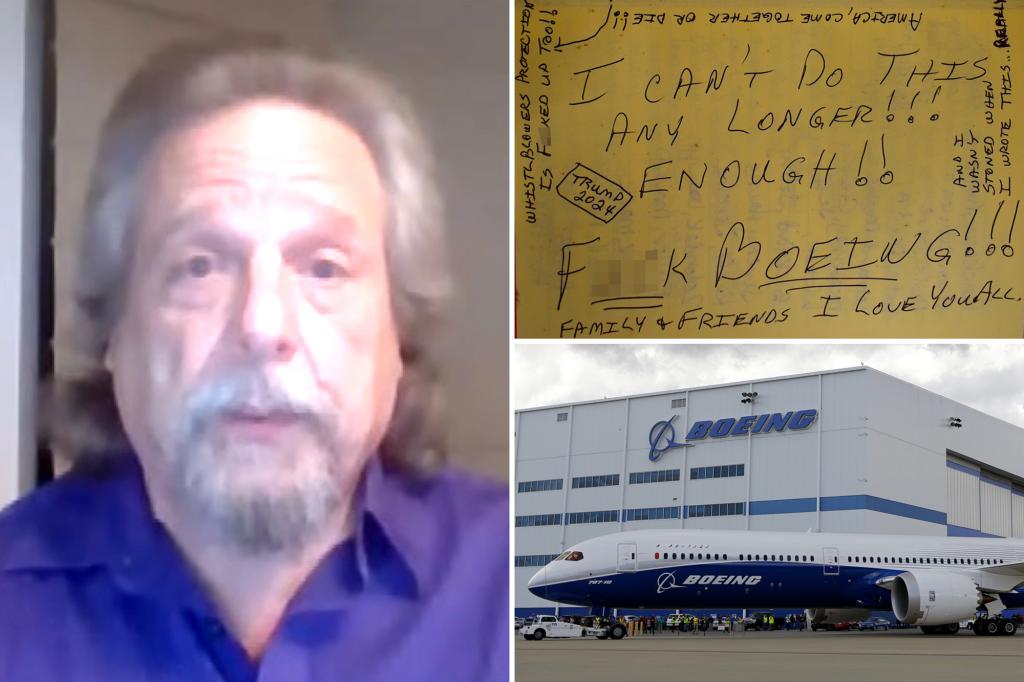Boeing whistleblower John Barnett tragically took his own life by shooting himself in the head. Before his death, he wrote a suicide note expressing his frustrations with Boeing and his belief that the company had destroyed his life. Barnett had worked as a quality control engineer for Boeing for over 30 years and had raised numerous safety complaints that he claimed were ignored. He specifically mentioned issues at the company’s Charleston plant and alleged that Boeing rushed production of its 787 Dreamliner jets, leading to safety concerns.
In the suicide note, Barnett also expressed love for his family and friends and stated that he had found peace. Following his death, questions were raised about the circumstances surrounding his suicide. Barnett had been scheduled to give testimony in depositions regarding Boeing’s safety practices, but he did not show up for the third day. His lawyers and family have questioned whether he was truly despondent in the days leading up to his death, disputing the official ruling that he took his own life.
Boeing has been facing increased scrutiny in recent months due to a series of issues affecting its planes. In January, an Alaska Airlines flight experienced a door plug blowing out, leading to concerns about the company’s quality control. The Federal Aviation Administration conducted an audit on Boeing and one of its suppliers, Spirit AeroSystems, and found “unacceptable” quality control issues. This further added to concerns about Boeing’s commitment to safety.
Barnett’s suicide note, which was authenticated by authorities as being written by him, included scathing remarks about Boeing and its leaders. He expressed frustration and anger at the company for what he perceived as the destruction of his life. Barnett’s note drew attention to the need for change and unity in America, calling for accountability from those he believed had wronged him. His death highlighted the challenges faced by whistleblowers who speak out against powerful corporations like Boeing.
Despite the closure of the investigation into Barnett’s death by the Charleston Police Department, his lawyers and family continue to raise questions about the circumstances surrounding his suicide. They believe that there may have been more to his death than initially determined and are seeking further answers. Barnett’s case serves as a reminder of the difficult decisions whistleblowers face when speaking out against corporate wrongdoing and the potential consequences of their actions. His final note stands as a testament to his courage and conviction in standing up for what he believed was right, even at great personal cost.
In the aftermath of Barnett’s death, the focus has shifted to the broader issues of safety and accountability within the aviation industry. The concerns raised by Barnett and others about Boeing’s practices have brought attention to the need for stronger oversight and regulation to ensure the safety of passengers and employees. The tragic loss of Barnett serves as a reminder of the human cost of corporate negligence and the importance of holding powerful companies accountable for their actions. Despite his passing, Barnett’s legacy lives on in the ongoing discussions about reforming the industry and protecting those who work within it.


